
As we usher in the new year and decade, we’re looking back at the School of Public Health’s successes in innovative research, service and education in 2019.
Here are our top 10 most popular stories published this year.
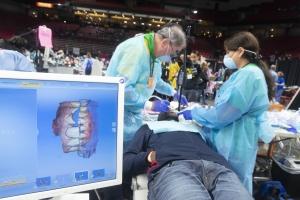
Health Care (and Smiles) for All: UMD, Catholic Charities DC and MSDA Team Up to Provide Free Dental and Health Care to Local Community
In September, the UMD School of Public Health's Center for Health Equity, the Catholic Charities of the Archdiocese of Washington and the Maryland State Dental Association Foundation hosted the 2019 Mission of Mercy and Health Equity Festival. The event featured free dental services ranging from cleanings and extractions to root canals and crown treatments. More than 1,500 volunteers, including students from the University of Maryland School of Dentistry, worked to serve 1,089 patients.
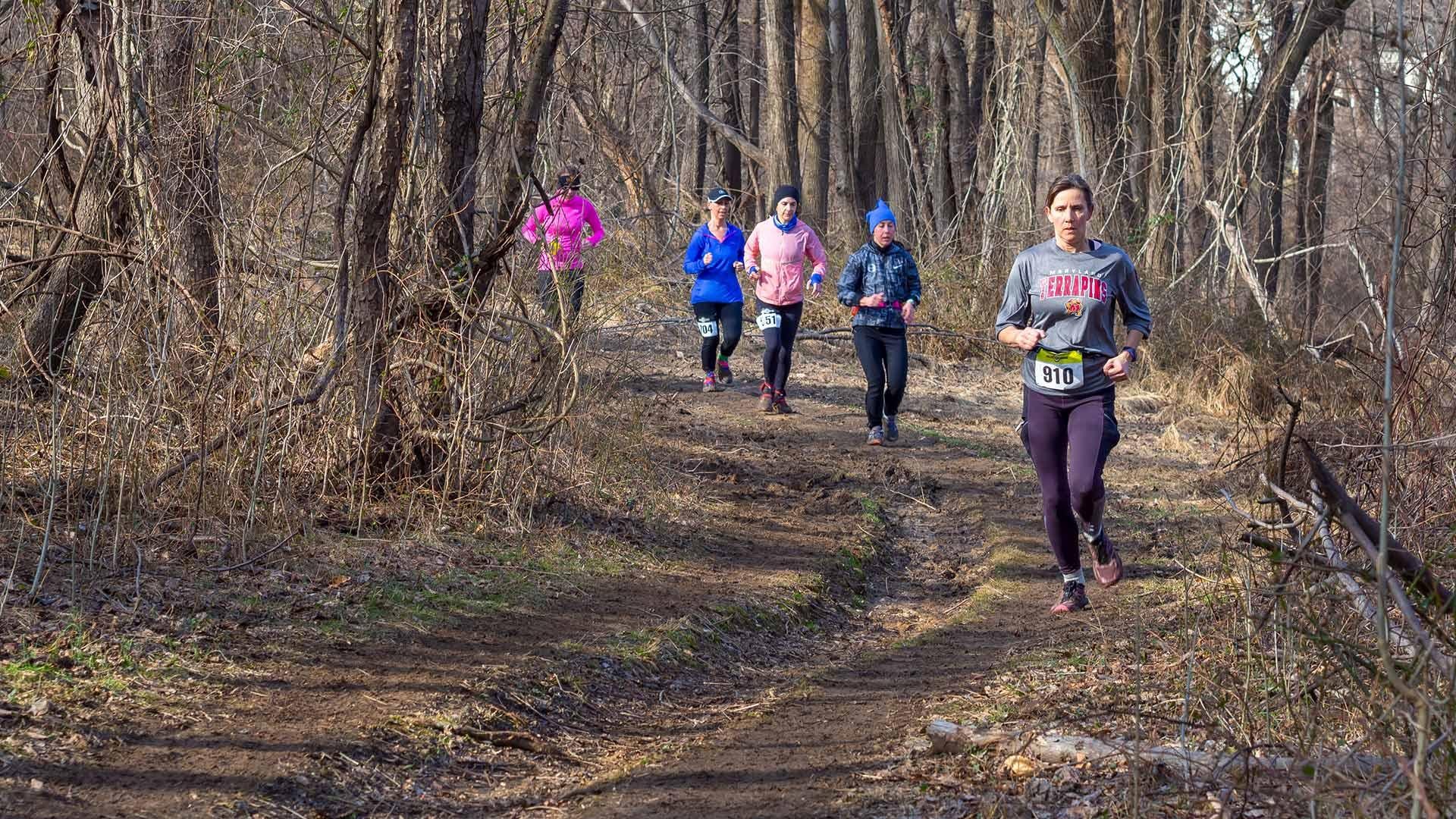
Extreme Unknowns
Assistant Professor of Kinesiology, Steven Prior, is studying how higher levels of exercise affect the body along with partners at Towson University and the University of Maryland School of Medicine. The study will be the first to assess the effect of ultramarathoning.
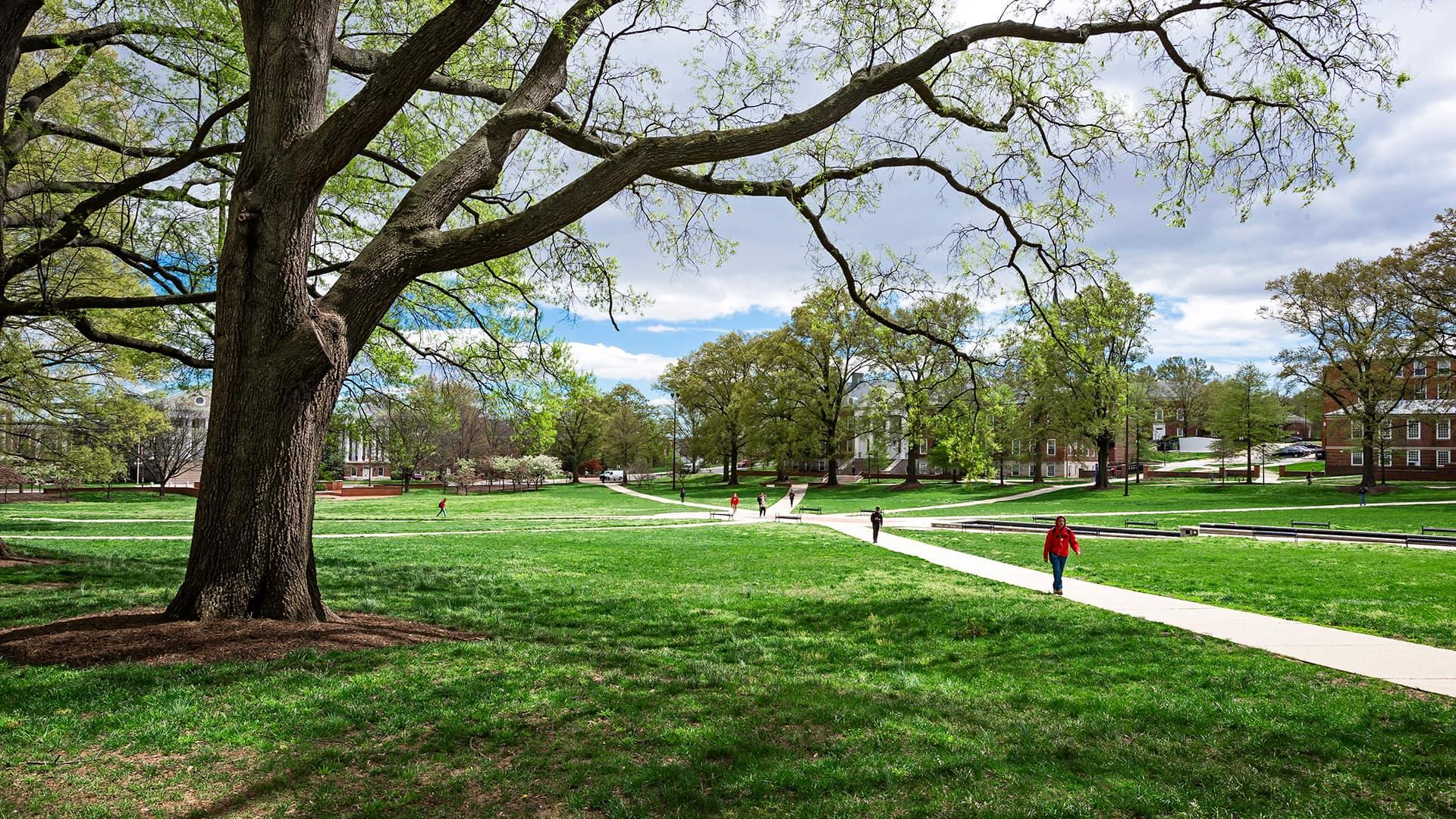
Making Nature Second Nature
Spearheaded by Kinesiology Assistant Professor Jennifer Roberts and Associate Professor Shannon Jette, NatureRx@UMD launched on Earth Day. The initiative encourages students, faculty and staff to take advantage of the University of Maryland campus' status as an arboretum by getting outside to relieve stress and anxiety and benefit their overall health.
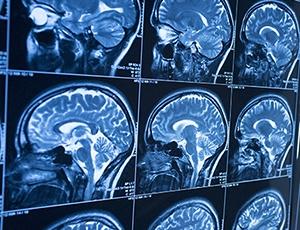
Exercise May Improve Cognition by Reducing Brain Blood Flow in Older Adults
Exercise training improves cognitive performance in older adults diagnosed with mild cognitive impairment by reducing cerebral blood flow according to a study led by Associate Professor of Kinesiology, J. Carson Smith. The Journal of Alzheimer’s Disease study suggests exercise may have the potential to reduce the compensatory blood flow that results when the brain starts to experience the very early stages of Alzheimer’s Disease and improve cognitive efficiency.
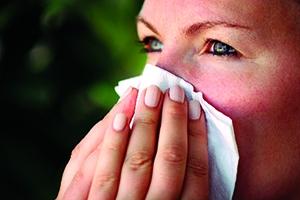
Changes in Onset of Spring Linked to More Allergies Across the US
Seasonal allergic rhinitis, or hay fever, increases when the timing of spring “greenup” changes due to climate change according to a study co-authored by Associate Professor of Applied Environmental Health Amir Sapkota and Research Assistant Professor Chengsheng Jiang. The PLOS ONE study adds to a growing body of research showing climate change-driven ecological changes are impacting the burden of allergic diseases in the United States.

Summer Research Programs Support Minority Students Seeking Futures in Health
Twenty-five undergraduate students from across the US spent the summer at the University of Maryland School of Public Health through two programs funded by the National Institutes of Health. The ADAPT (Aging Diversity and Professional Development) program for Terp undergraduates and STAR (Summer Training and Research) for undergraduates across the county give minority students and those from disadvantaged backgrounds opportunities to conduct research in a safe space to learn and grow.
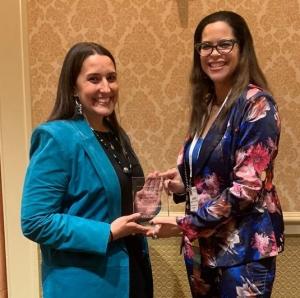
Barath Wins Student Achievement Award and Outstanding Student Abstract at APHA
Health policy and management doctoral student Deanna Barath’s abstract received the Outstanding Student Abstract and Student Achievement Awards at the 2019 American Public Health Association (APHA) annual conference. Barath's study, entitled “Reductions in Hospital Readmissions through Housing Partnerships – the Partnership Continuum,” examined the association between hospital-housing partnerships, case management services and readmission rates.

UMD Prevention Research Center to Focus on LGBTQ Mental Health with new $3.75M from Centers for Disease Control and Prevention
The University of Maryland Prevention Research Center (UMD-PRC) received $3.75 million from the US Centers for Disease Control and Prevention to improve mental health and health care for LGBTQ+ people. The initiative brings together a diverse team of researchers from the School, along with a growing coalition of LGBTQ+, mental health and health care organizations and community partners.

Don’t Feed the Trolls: A Public Health Guide to Countering Twitter Bots and Trolls
Department of Family Science Faculty Research Assistant Amelia Jamison and Professor Sandra Quinn, along with George Washington University’s David Broniatowski, have developed a guide that describes the types and behaviors of malicious actors on Twitter and introduces strategies to combat them both on and offline. The guide, published in the American Journal of Public Health, recommends tactics such as increasing social media literacy and strengthening offline relationships.

Inoculating Against the Spread of Viral Misinformation
A small group of anti-vaccine ad buyers have successfully leveraged Facebook to reach targeted audiences while some pro-vaccine ads face rejection by the platform's anti-politics filters according to a study co-led by Family Science Professor Sandra C. Quinn, George Washington University’s Dr. David Broniatowski and Johns Hopkins University’s Dr. Mark Dredze. The study, published in Vaccine, is the first to assess public health-related Facebook advertising.